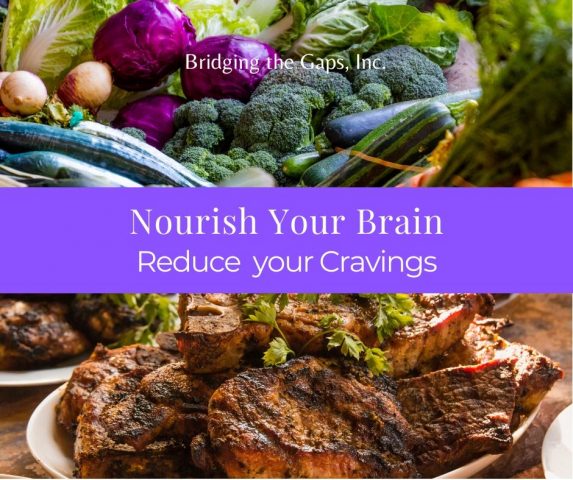
Every addict knows that intense cravings for alcohol, or your drug of choice, can take you out and lead to relapse in early recovery. Often, addicts find that they do not just crave their drug of choice; they begin to crave for cross-compulsions like sugar, caffeine, nicotine, gambling, porn, sex, relationships, video games… any substance or process that will quiet that inner discomfort for a time.
So, what is a craving? The dictionary defines it as a powerful desire for something. That definition falls short of how we understand and experience cravings in recovery. The non-addicted brain processes cravings as really wanting something, but you still feel as though you can ultimately live just fine without whatever you are craving. Even if your desire for that chocolate is strong, the non-addicted person can move past that desire with a little willpower and by placing their attention elsewhere until the desire passes.
For the addicted brain, the craving is incredibly intense. It is not enough to just exercise willpower and walk away for a time to overcome the craving. The reason for this is that there are biochemical processes happening in the addicted brain that are driving the cravings and compulsions. If you just have a habit, then you can use your willpower to change the behavior and, ultimately, the habit. When you have an addiction there is a neurochemical component that changes the way your brain functions. No amount of willpower or choice can change your neurochemical balance.
Bridging the Gaps understands the underlying biochemical drivers that keep you addicted which is why we place a strong emphasis on amino acid therapy, nutrition, and therapeutic modalities that support the healing of the brain. We understand that without addressing the underlying causes of addiction you will struggle to find true freedom in sobriety. To support your healing, we help you with the emotional and spiritual components of recovery while also giving you the tools to heal the physical component of addiction.
We evaluate the symptoms that are indicators for how well your neurotransmitters are functioning. For example, it is well known that if you do not have enough serotonin you will experience depression, low energy, irritability, and cravings for sweets. The medical field knows this and has developed an entire class of antidepressant drugs that help to increase levels of serotonin in the brain. At Bridging the Gaps, we give you the nutritional support to provide the building blocks to make your own neurotransmitters so that you are no longer reliant on a substance to improve your mood and cravings.
We provide you with supplementation for the key nutritional components that you are deficient in. Your brain cannot heal without the proper building blocks. Those building blocks are made out of amino acids. When you take a therapeutic dose of specific amino acids and other nutrients, in combination with a proper diet, you can rebalance the neurochemistry that drives the intense and overwhelming cravings you experience in early recovery.
Clients new to the program are often resistant to our no sugar, no caffeine environment which makes sense because of those intense cravings. Yet, our clients who remain sober for years to come are often those who discover for themselves just how much an everyday substance, like sugar, can imbalance their neurochemistry. What you choose to consume will impact your underlying biophysiology. When your neurochemistry is impacted you experience that through your moods, energy levels, and intense cravings. Nutrition is the foundation for relieving the intensity of cravings in early recovery.
Why not set yourself up to feel good? Learn how to nourish your body so that you have a happy, healthy brain. We can teach you how. Call Bridging the Gaps today for more information. 540-535-1111